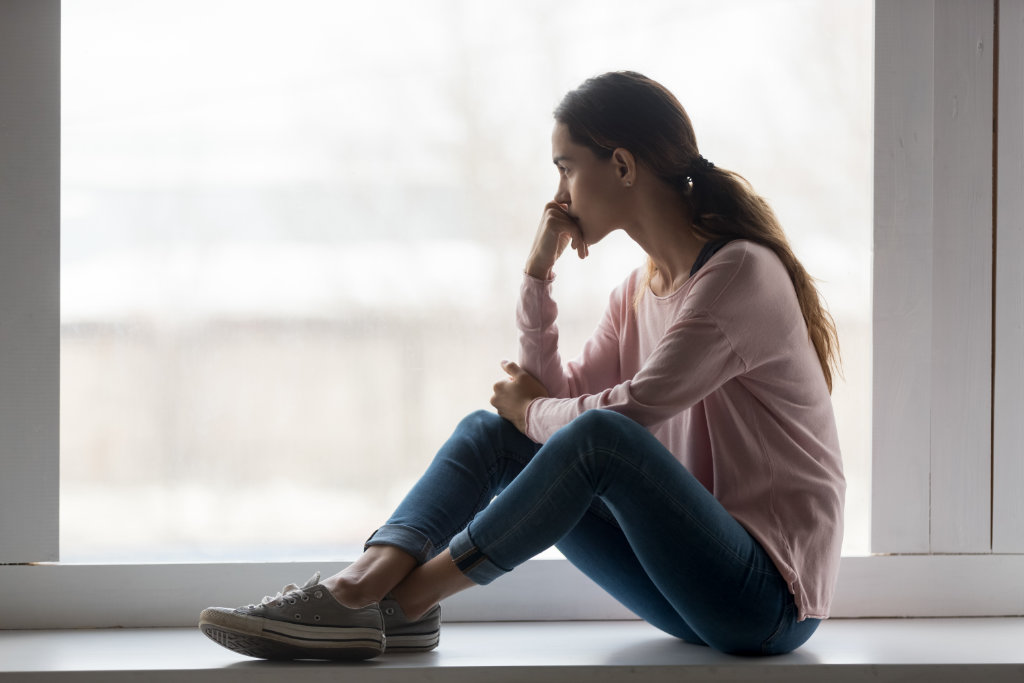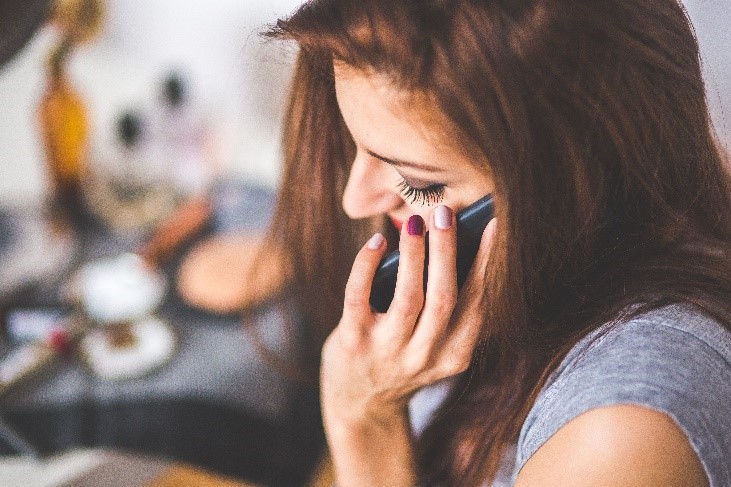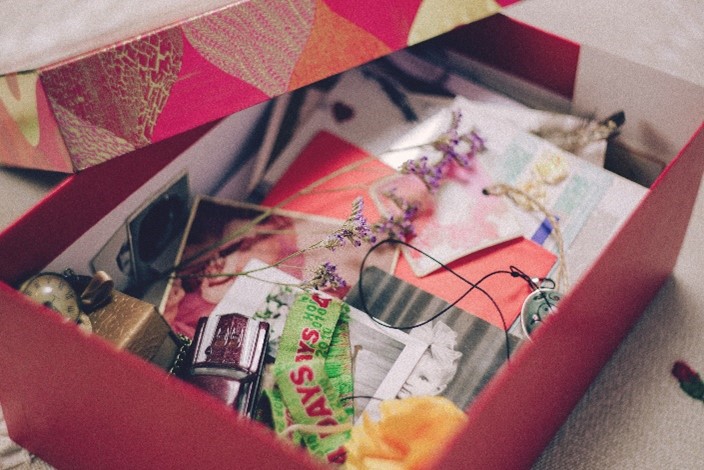
Grief is always a challenge, however, it is currently even more difficult due to the social distancing measures that have been put in place to help stop the spread of COVID 19.
With changes to funeral services, especially limits on how many people can attend and who you can see, it is now more challenging than ever to perhaps receive the help and support you need. Here we share some advice regarding social distancing and grief.
Seek support in new ways and reach out
Of course, many people find comfort in seeing friends and family and although this is still possible to an extent, it has been severely impacted. If you are alone and do not feel like you have someone close to talk to, there are other options available. There is a myriad of support resources online for you to look at and there are many groups with helplines where you can have a friendly person to talk to and share how you are feeling. Whilst you may not have many people around you in your home, there are still many places for you to get in touch with people who can help and listen.
Look after yourself and get rest
This is an obvious point but it is something that can easily be put to one side and not prioritised during difficult times. Try and get fresh air and sunlight each day. Whilst going for a long walk or run is ideal, it is not possible for everyone. If you cannot get outside for whatever reason, just opening a window for a bit can make a difference. It is important where possible to form a routine. Having a routine, no matter how simple it is, can help bring structure to your day and help you feel more in control. It is also important you rest when you can and try and get a decent amount of sleep each night.

Embrace nature
This simple technique can be extremely effective. Going for a walk, run, or cycle in the fresh air is not only a great way to get exercise, but it also allows you to be closer to nature. Nature allows you to take time to be yourself, embrace the peace and quiet and notice the beauty around you. Take a book to read, listen to music or an audiobook or take some photos so that you can appreciate the beauty of nature and how it changes through the seasons. Spending time with nature has been proven to help mental wellbeing and it is easy to see why this is the case.
Stay connected with your friends and family

Although you may not be able to have your friends and family in your home or be able to hug them at the moment, you must discover new ways to stay connected. This could be a daily or weekly phone call, a video call, or even a family quiz. It is important to speak to people regularly when possible. Although it can be difficult to keep in touch with people, it is now more important to make the effort. Make the most of technology such as House Party, Zoom, or Skype which are all easy to use either on your computer or phone and makes staying in touch that much easier. Organise specific times for catch-ups and have this as part of your routine.
Keep Active
Exercising has been proven to not only help you physically but also help decrease stress and improve your mental wellbeing as well. Whether it is gentle stretching, a short walk, or something more strenuous, it is important to do what you can. It can lift your mood, help you sleep, and can be enjoyable!
Create a memory box

As we are all spending more time indoors, it is the perfect time to reflect on happy memories rather than focusing on the sadder times and the uncertain situation we all find ourselves in during this pandemic. Creating a memory box is not only a great way to be creative, it gives you dedicated time to think about the person who has died and remember the great times you had together. You could have a physical memory box or make it digital in the form of an online photo book or video. This way you can share it with your friends and family.
Set small, realistic tasks
As we mentioned before, setting yourself a routine can be really helpful. It is understandable that after a loss you may not want to do certain things, however forming structure, especially now, is important. Start small with realistic tasks that you know are manageable such as regular meal times and small housework jobs, then build up from there. Try and incorporate the activities and hobbies you love into this routine such as baking, gardening, or reading. After a while, you can start to fill your routine with more activities and go from there. You could even try and learn a new skill.
Remembrance at home
Many of us find it extremely comforting to have a particular place to go after a loved one has died to remember them. In the current time, it may not be possible to have a place like this that you previously had in mind due to travel restrictions. If this is the case, there are still things you can do at home to cherish the memory of a loved one and still have a special place to visit and remember them. For example, you could plant a tree in your garden in someone’s memory, or you could decorate a small area of your home as a remembrance point where you store keepsakes. If you have children, this can also be a good place for them to visit and say goodbye. Alternatively, you could donate to a charity in their name to remember them. There are many options available.
It’s okay to not be okay
Grieving is never a simple process, let alone when you have the additional measures of a global pandemic and social distancing. Some days will inevitably feel better or worse than others and the important thing to remember is that this is okay. It is completely reasonable to not feel okay sometimes. Although some people do not vocalise their feelings, we almost all have bad days and we need to learn to live with this. Just because you have a bad day doesn’t mean you are not coping or that you are going backward on your grief journey. We are all individuals, all have emotions and there will inevitably be days where we feel worse.
While it is not usually advised to isolate yourself whilst you are grieving, during social distancing, this can sometimes not be avoided. If you are alone, there are still ways to get the support you need.
Unfortunately, the measures that have been put in place due to COVID have changed our normal way of life. Although these restrictions are put in place to help, it does not stop the fact that the measures are testing us all. It is important that you do not try and grieve on your own. There is help available to you, it is just all a bit different at the moment, so we have to adapt. If you need help though whilst social distancing or self-isolating, there is help out there.
Download article as a PDF